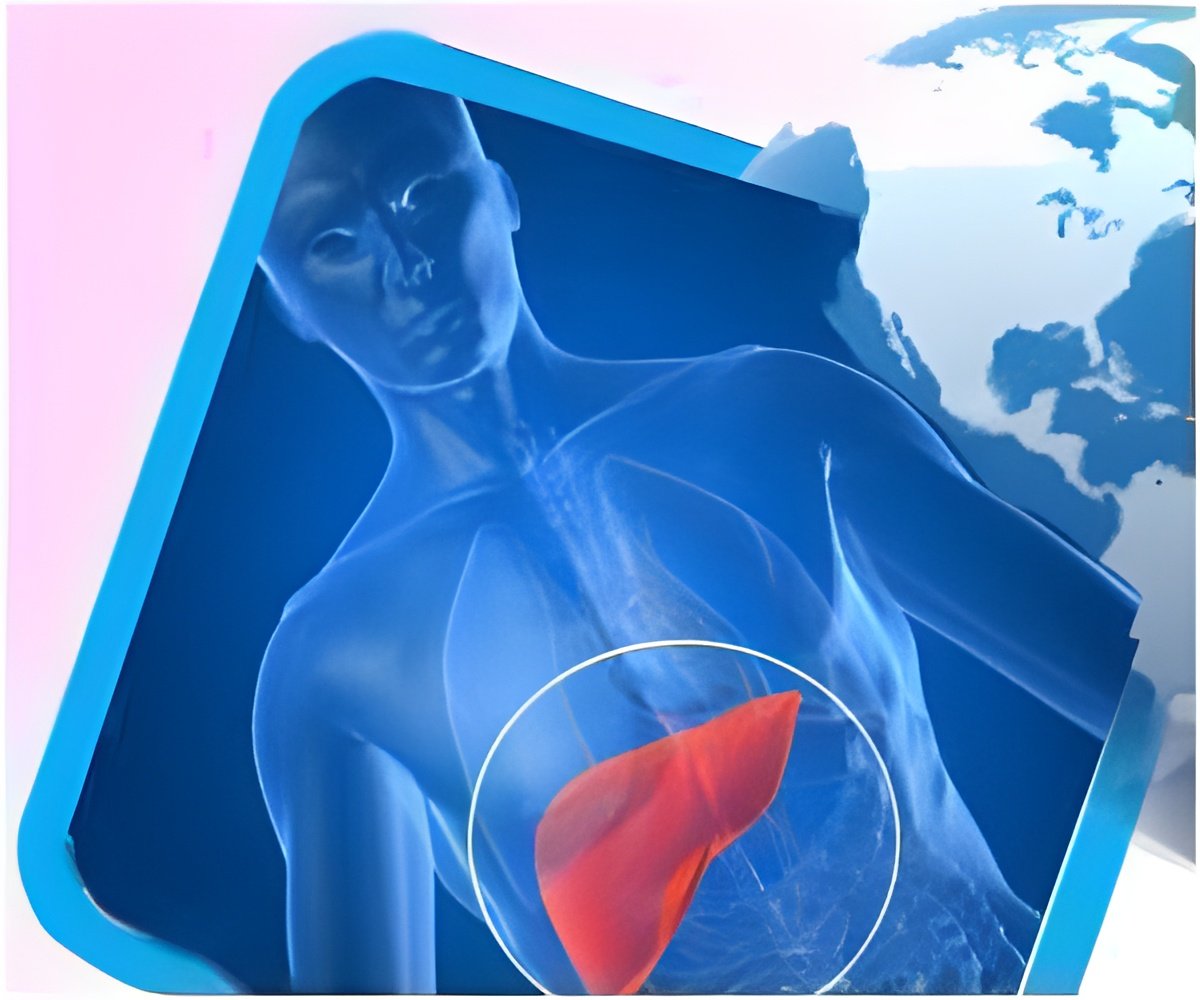A tiny Trojan Horse system for delivering cancer-fighting drugs has been developed by Israeli researchers.

The team created the system by attaching folic acid and an anticancer drug to an extract from the coniferous Larix (Larch) tree, which are among the dominant plants in the immense boreal forests of Russia and Canada.
"We were looking for a natural polymer that would be highly soluble in water, and found it in a polysaccharide known as arabinogalactan, which is extracted from the Larix," said lead researcher Dr. Yoav Livney, of the Technion Faculty of Biology and Food Engineering and the Technion Russell Berrie Nanotechnology Institute.
Certain cancerous cells produce between 10 to 100 times more folate receptors than healthy cells. These receptors bind folic acid, which is required by cancer cells to grow and divide rapidly. As a result, the researchers used folic acid as the bait for targeting cancer cells.
Once the folic acid is bound to the receptor, a process is triggered whereby the cell membrane folds inward, creating a "bubble" (organelle) called an endosome. These endosomes fuse with other naturally-occurring organelles termed lysosomes, which contain enzymes that serve as the digestive system of the cell.
Dr. Livney and Prof. Yehuda Assaraf (of the Technion Faculty of Biology and head of the Fred Wiszkowski Cancer Research Lab) designed the novel drug delivery system by attaching an antitumor drug to the polysaccharide by a small fragment of a protein (a peptide), which is digested by the enzymes present in the lysosome. As a result, the anticancer drug is released only in the lysosome, because there are no equivalent enzymes in the blood that can break down this specific peptide.
Advertisement
Source-ANI















